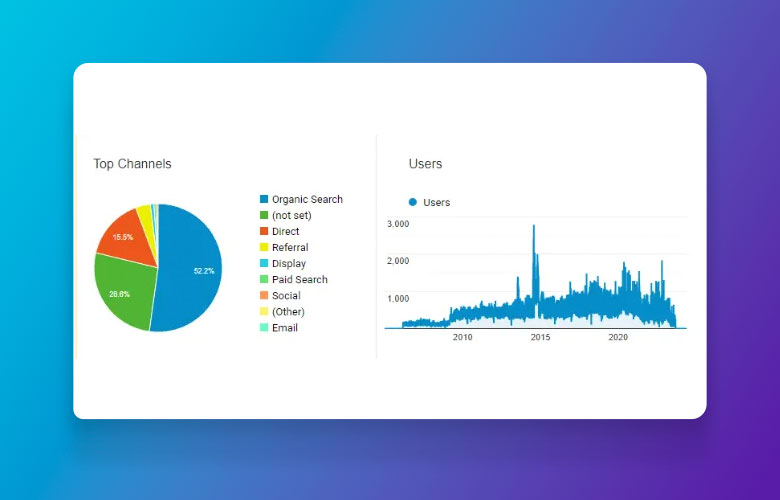Understanding “SERP Volatility” & How to Preserve Your Site’s Rankings

Ever wonder why your site may rank highly one week and plummet the next? Factors such as your competitor’s efforts play a role in those shifts, but it’s important to understand all of the elements connected to “SERP Volatility.”
SERP is an abbreviation for Search Engine Results Page—a SERP is Google’s response to a user’s search inquiry.
Therefore, SERP Volatility would be defined as search results that change quickly and unpredictably.
Some common reasons for SERP volatility:
- Personalized searches
- Google algorithm changes
- Current events
- Mediocre quality signals
Accordingly, this post breaks all of those down and outlines how to overcome these obstacles.
Personalized Search
Personalized search refers to when Google shows different results to each user based on previous searches. Google is all about predicting what a user is looking for. Therefore, it tries its best to give each a custom SERP based on these previous searches in hopes that your custom SERP will provide you with a higher chance of finding what you’re searching for.
Algorithm Changes
Google changes its algorithm and experiments thousands of times a year. Sometimes, these changes are announced, and sometimes, they like to surprise us. Both kinds of updates will create SERP Volatility.
Mediocre Quality Signals
Quality Signals go hand in hand with SEO. These signals tell Google how helpful a webpage is and will influence indexing and ranking. EEAT, which stands for Experience, Expertise, Authoritativeness, and Trustworthiness, is a main factor when Google decides whether a page is worthy of showing. Bouncing around in the SERP results can indicate that the EEAT quality could be improved.
News and Current Events
New events have a significant influence on SERP results. For example, if an article was published about a car accident in Boca Raton, being the first to write the article gives you a great chance at ranking first for some time. However, if there is another car accident in Boca Raton two weeks later, the new article would rank higher than the previously published one since now it is less relevant to the user’s search.
How to Avoid SERP Volatility
There is no way to “avoid” SERP volatility. However, certain things can be implemented into an SEO strategy that can help:
- Keeping webpages up to date
- Quarterly Site Audits
- Focusing on User Satisfaction
- Analyze Algorithm Updates
- Improving EEAT Metrics
When SEO is done correctly, even if there is a lot of SERP Volatility, rankings usually return to where they once were or higher. So, if there is high volatility, try to understand that Google is practicing improvements on its search engine results page.
Of course, if you feel as though your rankings haven’t recovered — or you simply need a boost — don’t hesitate to contact PaperStreet for a free SEO quote.
About Us
Did you know more than 200 clients have worked with PaperStreet for more than 10 years?
Get a Free Website
Analysis and Consultation
Marketing Services




